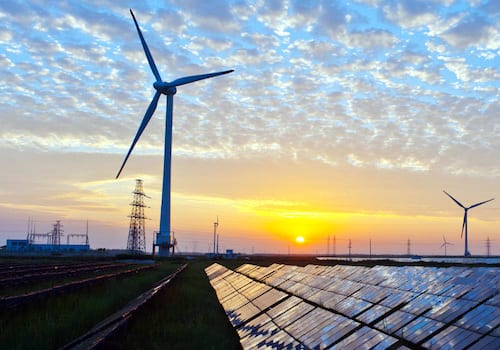The Energy Security Board’s modelling for the National Energy Guarantee has destroyed confidence in its judgement.
Management at a speculative gold mining company would blush at some of the outrageous claims made in the modelling that the ESB “leans heavily on”.
The most outrageous of all is the savings for the average household. The ACCC says the average household has a bill of $1636 of which $560 is wholesale power.
The ESB says the average household bill is going to fall $559 by 2021.
Giddy up. Adding in the retail margin of $135 and the environmental cost of $106 still implies the ESB is talking about a 70% fall.
According to the ESB, not only are AGL and Origin going to see their generation profits wiped out by prices falling to SRMC but in addition their retail margin is going to disappear as well.
It’s no wonder Josh Frydenberg left Deutsche Bank and went into politics if that’s the sort of projections he wishes to endorse.

You can support the NEG only if you believe that the ambition will be increased.
Otherwise the NEG is useless and not worth the trouble. The only thing that will provide security and dependably longer term lower prices is more new investment. The coal stations will have to close, they do have to be replaced. Replacing coal stations early is like preventative maintenance, it saves money in the long run by getting in ahead of the problem.
Transmission constraints are a genuine issue
For over two years we’ve been banging on about the need to get transmission strengthening done ahead of the wind and solar build out. Its obvious to blind Freddy that transmission upgrades and links take a lot longer than a new wind or solar farm to build.
The market action
Futures prices have risen a bit this week despite warm weather and lower pool prices.
We think the futures rise may partly reflect the market’s increasing realization that all the new PV and wind farms are going to be restricted by AEMO in coming up full capacity on the grid. There are such a lot of projects and system strength has to be monitored at every stage as these projects come on line.
This also flows through to REC prices where there was minor upwards movement in the near term years and some ongoing softness in the out years.
In addition spot gas prices remain above last year.



Share Prices
Share prices have been reasonably soft over the past week.


Volumes

Base-load futures, $MWH

REC Prices

Gas Prices


David Leitch is principal of ITK. He was formerly a Utility Analyst for leading investment banks over the past 30 years. The views expressed are his own. Please note our new section, Energy Markets, which will include analysis from Leitch on the energy markets and broader energy issues. And also note our live generation widget, and the APVI solar contribution.








